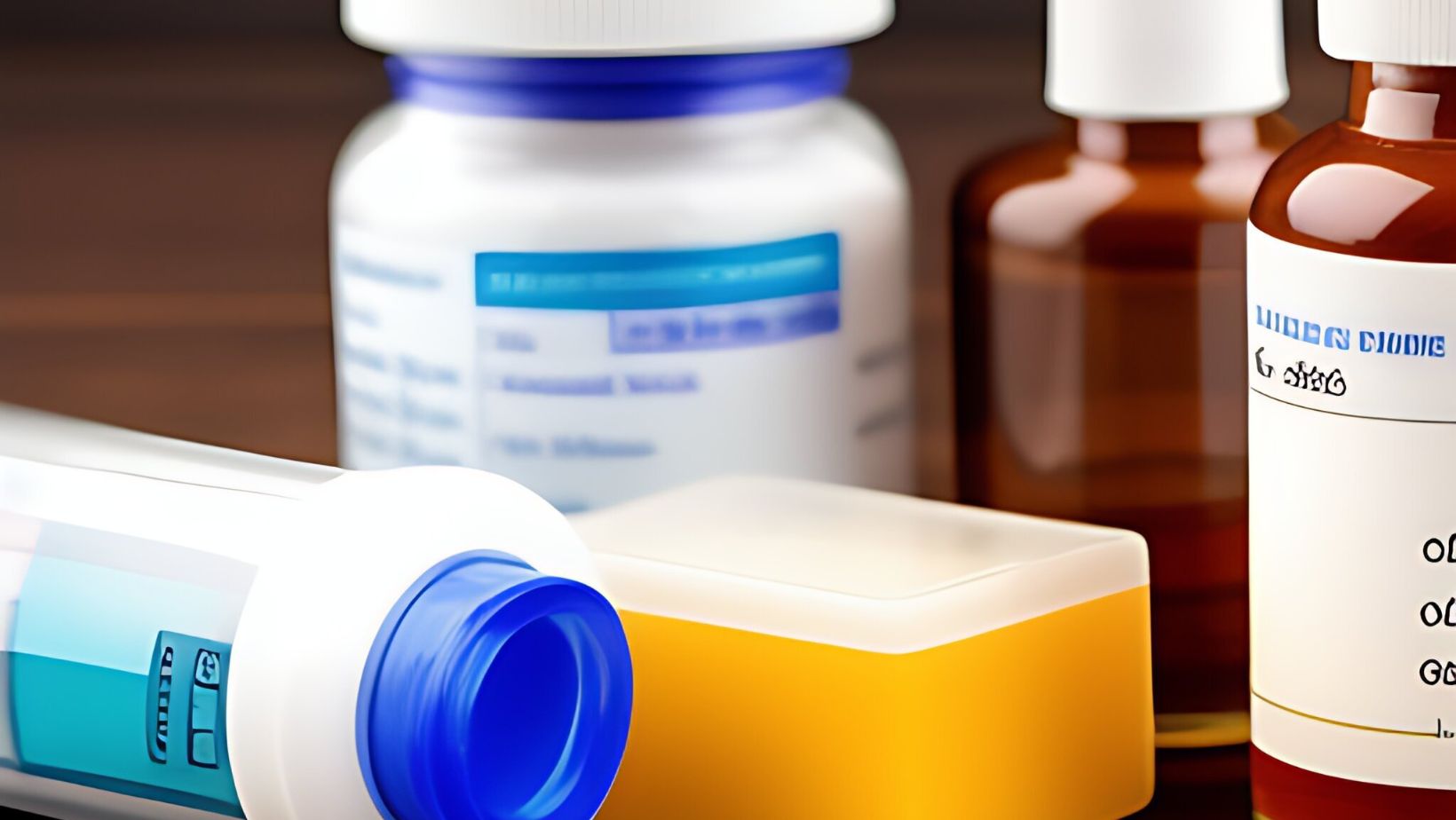
When it comes to taking Adderall and Vyvanse in the same day, many people wonder if it is safe or effective. As an expert in this field, I can provide some insights to help clear up any confusion.
Both Adderall and Vyvanse are commonly prescribed medications for attention deficit hyperactivity disorder (ADHD). They belong to a class of drugs known as stimulants, which work by increasing certain chemicals in the brain that affect focus and impulse control.
While it is technically possible to take Adderall and Vyvanse on the same day, doing so should only be done under the guidance of a healthcare professional. Combining these medications can lead to an increased risk of side effects such as elevated heart rate, high blood pressure, and restlessness. Additionally, taking both drugs simultaneously may not provide any additional benefits compared to taking one medication alone.
Always consult your doctor before considering any changes in your medication regimen. They will be able to assess your individual needs and make recommendations based on your specific situation. Remember, safety should always be a top priority when it comes to managing your health.
Understanding Adderall and Vyvanse
Adderall and Vyvanse are two commonly prescribed medications used to treat attention deficit hyperactivity disorder (ADHD) in both children and adults. While they belong to the same class of drugs, they have some differences that are worth understanding.
- Mechanism of Action: Both Adderall and Vyvanse work by increasing the levels of certain neurotransmitters in the brain, such as dopamine and norepinephrine. However, their mechanisms of action differ slightly. Adderall contains a combination of amphetamine salts, which directly stimulate the release of these neurotransmitters. On the other hand, Vyvanse contains lisdexamfetamine, which is converted into dextroamphetamine in the body before exerting its effects.
- Duration of Action: One key difference between Adderall and Vyvanse lies in their duration of action. Adderall typically provides immediate-release effects that last for around 4-6 hours, depending on the specific formulation. In contrast, Vyvanse is an extended-release medication that offers a longer duration of action lasting up to 12-14 hours.
- Dosage Flexibility: Another important factor to consider is dosage flexibility. With Adderall, healthcare providers can adjust the dose more precisely due to its immediate-release nature. They can prescribe different strengths or even split tablets if necessary to fine-tune treatment for each individual’s needs. Vyvanse comes in predetermined doses that cannot be easily modified or adjusted.
- Side Effects: Like any medication, both Adderall and Vyvanse may cause side effects in some individuals. Common side effects include decreased appetite, trouble sleeping (insomnia), dry mouth, headaches, irritability, and increased heart rate or blood pressure. It’s essential to discuss any concerning symptoms with your healthcare provider promptly.
- Drug Interactions: As with any medication, it’s important to be aware of potential drug interactions. Both Adderall and Vyvanse can interact with certain medications, such as monoamine oxidase inhibitors (MAOIs) and selective serotonin reuptake inhibitors (SSRIs). It’s crucial to inform your doctor about all the medications you are taking to avoid any adverse effects or complications.
Understanding the similarities and differences between Adderall and Vyvanse is vital for individuals seeking treatment for ADHD. Each person’s response to these medications may vary, so consulting with a healthcare professional is essential in determining which option is best suited for an individual’s specific needs.

Can You Take Adderall and Vyvanse in the Same Day
When it comes to taking Adderall and Vyvanse together, it’s important to understand that these medications are both used to treat attention deficit hyperactivity disorder (ADHD). However, they have some key differences in their composition and how they work in the body.
Adderall is a combination of amphetamine salts, while Vyvanse contains lisdexamfetamine. Both drugs belong to the class of central nervous system stimulants, but the way they deliver the active ingredient differs. Adderall delivers an immediate release of amphetamine salts, while Vyvanse is a prodrug that needs to be metabolized in the body before it becomes active.
It’s worth noting that even though these medications have similarities in their effects on ADHD symptoms, they may not work equally for everyone. Some individuals may respond better to one medication over the other due to variations in their metabolism or individual brain chemistry.
In conclusion, while it may be possible to take Adderall and Vyvanse together under certain circumstances, it should only be done under close supervision by a healthcare professional who can assess the potential risks and benefits for each individual patient.










